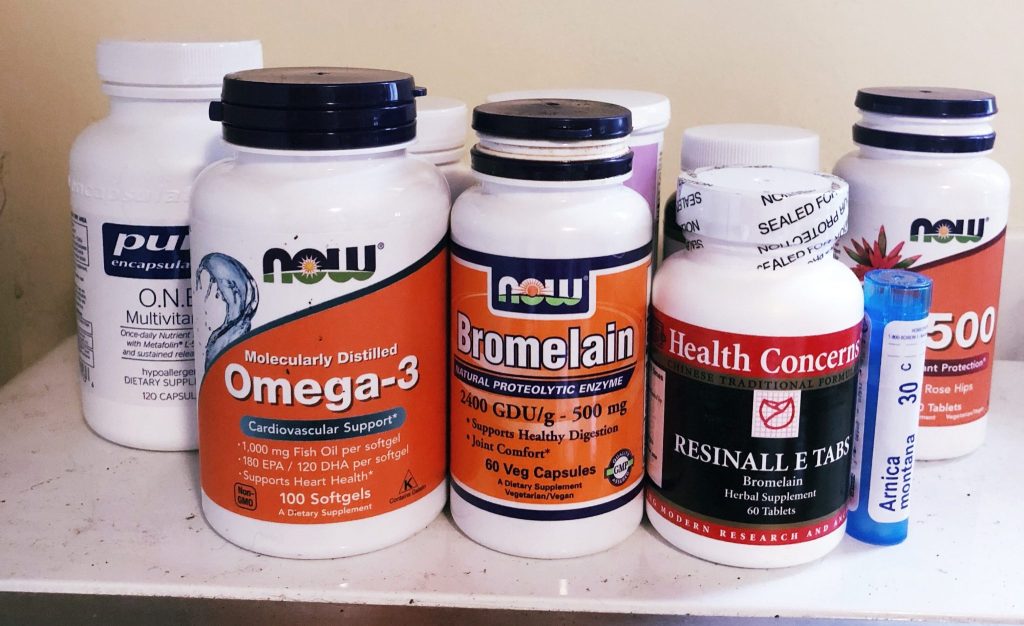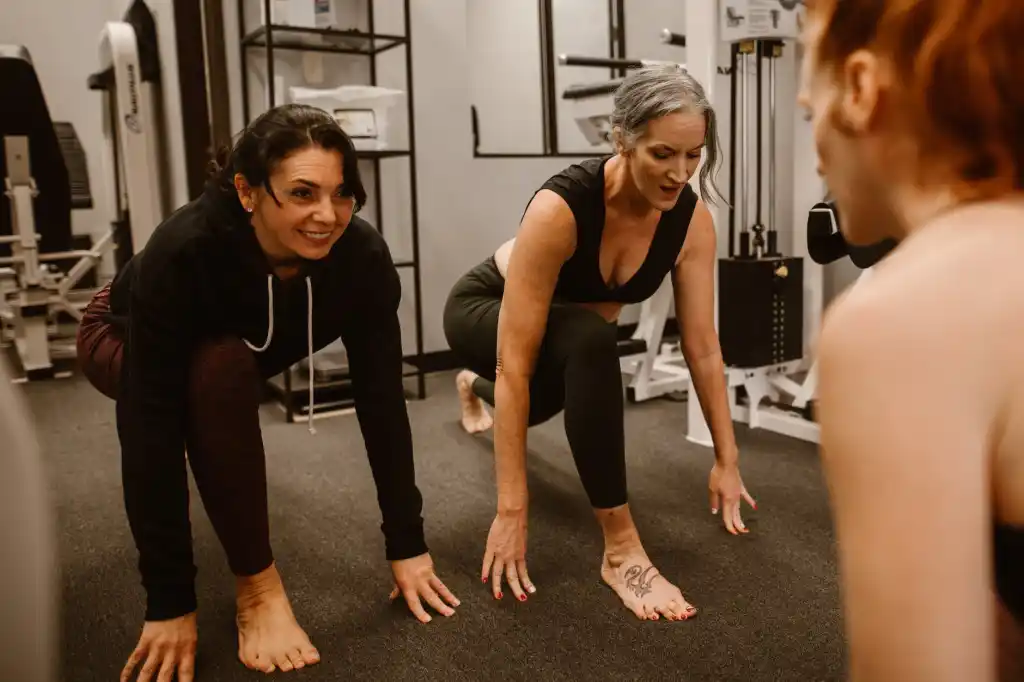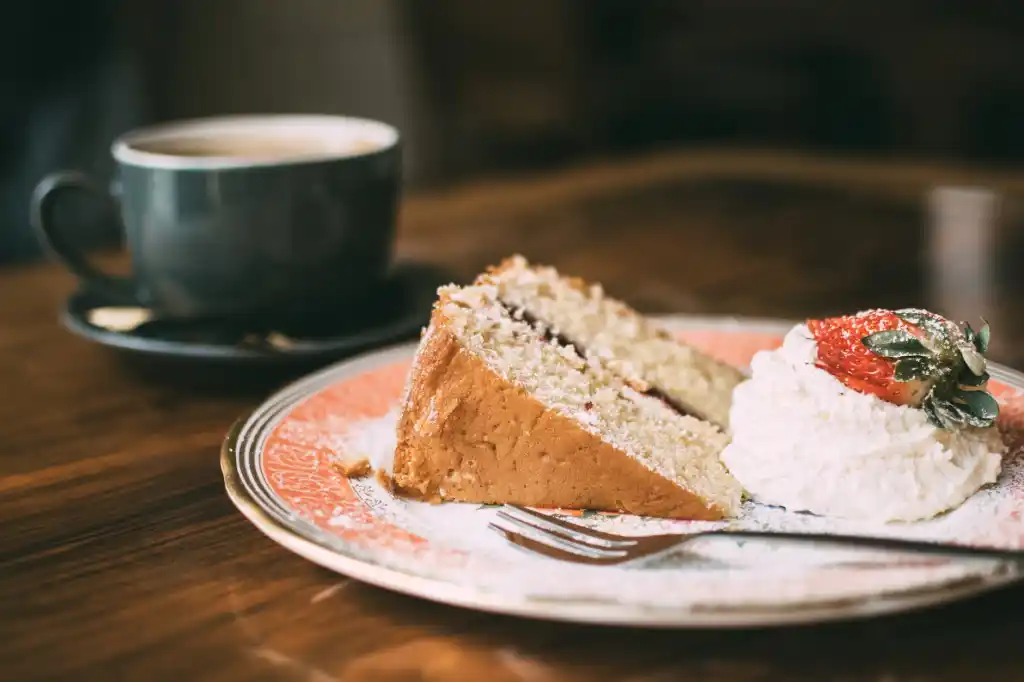What Herbs and Supplements Help with Gender Affirming Surgery Preparation and Healing?
When preparing for your gender-affirming surgery, there are many natural remedies and supplements to speed healing and make your recovery more comfortable. Knowing what to take, and when to take it is important. Always check with your doctor and/or surgeon before taking any supplements or herbs.
Things to Avoid:
When preparing for gender-affirming surgeries, there are certain herbs and supplements that should be avoided in the days leading up. While each individual is unique, I tend to err on the side of caution, recommending stopping all herbs and supplements seven days before surgery. Do not take any supplements that your surgeon does not approve.
- Avoid vitamin E, fish oil, omegas, ginkgo, and garlic at least seven days before surgery, as these can act as potential blood thinners.
- Avoid St. John’s wort, feverfew, bai shao, devil’s claw, dan shen, ginger, dong quai/dang gui/angelica, goldenseal, saw palmetto, reishi, echinacea, ephedra/ma huang, kava, ginseng, licorice, and valerian at least seven days before surgery, as these can either potentially cause excess bleeding or interfere with anesthesia.
- Avoid green tea and chili peppers at least 24 hours before surgery, or longer if your surgeon advises.
- Avoid teas that contain herbs like hibiscus or mulberry leaf, which may lower blood pressure or blood sugar, at least seven days before surgery.
Supplements for Pre-Op:
Leading up to your surgery, treat your body to supplements and herbs that will lead to faster healing overtime. Taking care of your body before gender-affirming surgery is key to a positive recovery. These supplements can help get you there.
-
- Vitamin D: Having your vitamin D and iron levels tested during your pre-op blood work can give you more information on whether or not you should supplement with the two. If you do decide to supplement with vitamin D, take 2000-5000 IU per day with food if not included in your multivitamin.
- Zinc: Taking 30-50mg of zinc per day with food for four to six weeks leading up to your surgery can speed healing post-op.
- One month before your surgery, begin to take:
-
- A multivitamin with 25-50mg of B vitamin complex to boost immunity and reduce stress on your nervous system.
- 50mg of CoQ10 a day to reduce the stress of surgery on the heart and improve recovery.
- 500-1000mg of vitamin C a day to aid with wound healing.
- Milk thistle to detox the liver to prepare for successful anesthesia.
- Probiotic: Two weeks before surgery, begin taking a probiotic blend with acidophilus and bifida to reduce the risk of post-surgical infection.
Supplements for Right After Surgery:
Help your body heal as fast as possible with these three herbs and supplements, taken right after surgery if your surgeon allows, or as soon as you get home.
- Dramamine Natural: Dramamine Natural is just super concentrated ginger, which studies show can be just as effective as metoclopramide, a common anti-nausea drug, at reducing nausea.
- Vitamin C: Take 500mg of vitamin C to help flush out the anesthesia and encourage collagen growth and repair.
- Tea: Make a nourishing post-surgery tea of nettles, oatstraw, horsetail (equal parts), and rosehips (pinch); full of nourishing vitamins and minerals that speed healing.
Supplements for Post-Op:
Check with your surgeon about when to begin taking supplements after surgery. Some surgeons will recommend waiting a few days before restarting supplements and herbs. This supplement plan should last for one month post-surgery, unless otherwise noted. After your supplement plan, return to your regular supplements and herbs as recommended by your healthcare providers. Don’t take anything that interferes with your regular medications and don’t stop taking your regularly prescribed medications around surgery unless your surgeon directs you to do so.
-
- Herbs for constipation: If you’re dealing with constipation, senna, aloe, and burdock are all gentle herbal supplements for post-op. You can take them with your surgeon prescribed stool softeners.
- Fennel: Drink fennel tea for gas pains.
- Vitamin C: Take 300mg-1g of vitamin C per day to help with wound healing. Vitamin C is required by the body to make collagen, the connective tissue in the skin that helps healing and prevents blistering. It also helps to strengthen the immune system and fight off infection. A good way to get vitamin C is through rose hips and camu camu berries. You can stop taking this after two weeks, unless it’s already part of your regular supplement regimen.
- Selenium: Eat a brazil nut everyday to give your body selenium, which is necessary for healing.
- Bromelain: Take bromelain for inflammation and bruising. It boosts the immune system to reduce pain, bruising, tenderness. Bromelain should be taken in doses of 1000-1500mg three times a day on an empty stomach, which is necessary. You can stop taking this after two weeks.
- Quercetin: Another anti-inflammatory supplement is quercetin, which can be taken in 1000mg doses up to two-three times daily to reduce swelling and reduce the tendency to develop hypertrophic scars.
- Willow: valerian, kava, and poppy teas can help ease pain, although they shouldn’t be combined with pain medication.
- Tea: Make a post-surgery tea of burdock (to aid with constipation, skin healing, lymph circulation, and liver detox), red root and cleavers (to help with lymph circulation, skin healing, and swelling), horsetail (silica for skin healing), gotu kola (for circulation), nettles, and echinacea.
- CoQ10: 100-200mg, aids in rebuilding cell walls and protects the skeletal muscles in the body.
- B6: 250mg two times a day to reduce swelling (or use a multivitamin). This can be stopped one week post-surgery, unless it’s already part of your regular supplement regimen.
- Milk thistle: to detox anesthesia from the liver; do not take at the same time as other medications or herbs.
- Zinc: 30-50mg per day for wound healing. You can stop taking this after two weeks.
- Probiotic: with acidophilus and bifida to reduce the risk of post-surgical infection.
- Omega 3s: 2000-3000mg of omega 3, like fish oil, per day to reduce inflammation and improve circulation. This should be lowered to 500-1000 mg per day after two weeks.
- Arnica: 30C of homeopathic arnica five times a day to reduce pain, bruising, and swelling.
- Vitamin D: 2000-5000 IU of vitamin D per day with food.
- Healing skin salve: Make a healing skin salve to use after stitches are gone of aloe, calendula, comfrey, plantain leaf, selfheal, yarrow, rosemary, and sage
Remember: If you can’t eat, drink, and/or urinate, or have a fever, chills, an infection, trouble breathing, unusual bleeding, redness, feel unwell, or have a hot feeling in the surgical site, call your doctor or go to the emergency room. Ask your surgeon what signs you should look for regarding post-surgical complications.
Get acupuncture home visits in Berkeley, Oakland, and the greater Bay Area to improve your recovery: www.prismacupuncture.com/appointments
This information is for educational purposes only, please consult a healthcare provider before exercising and always follow your surgeon’s advice.





